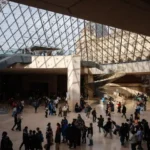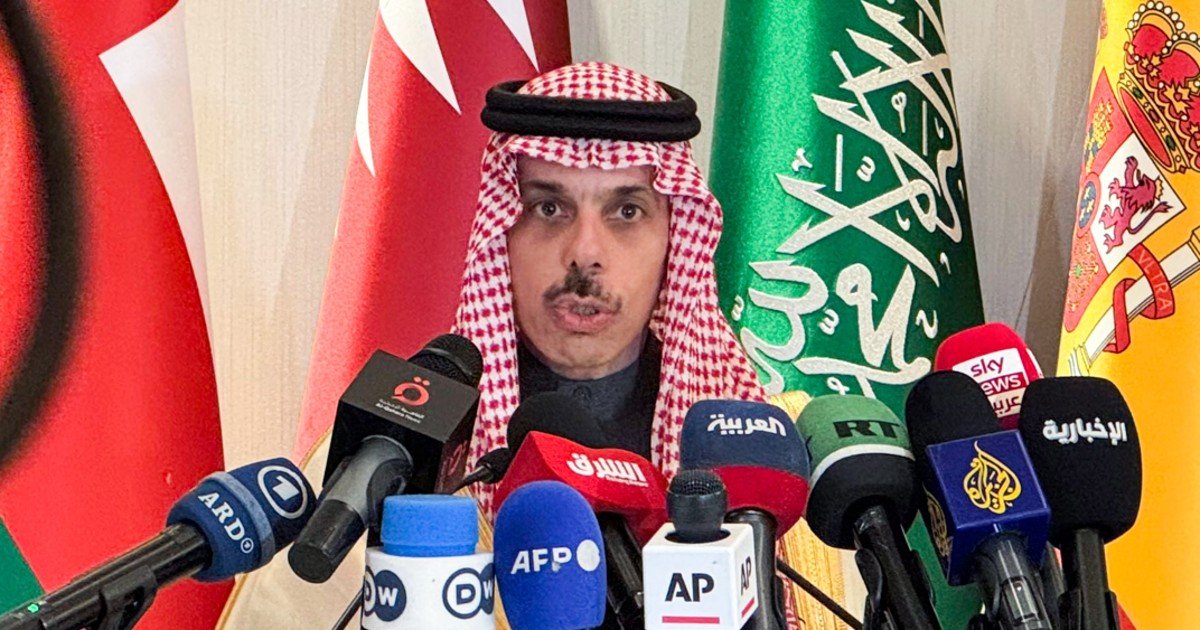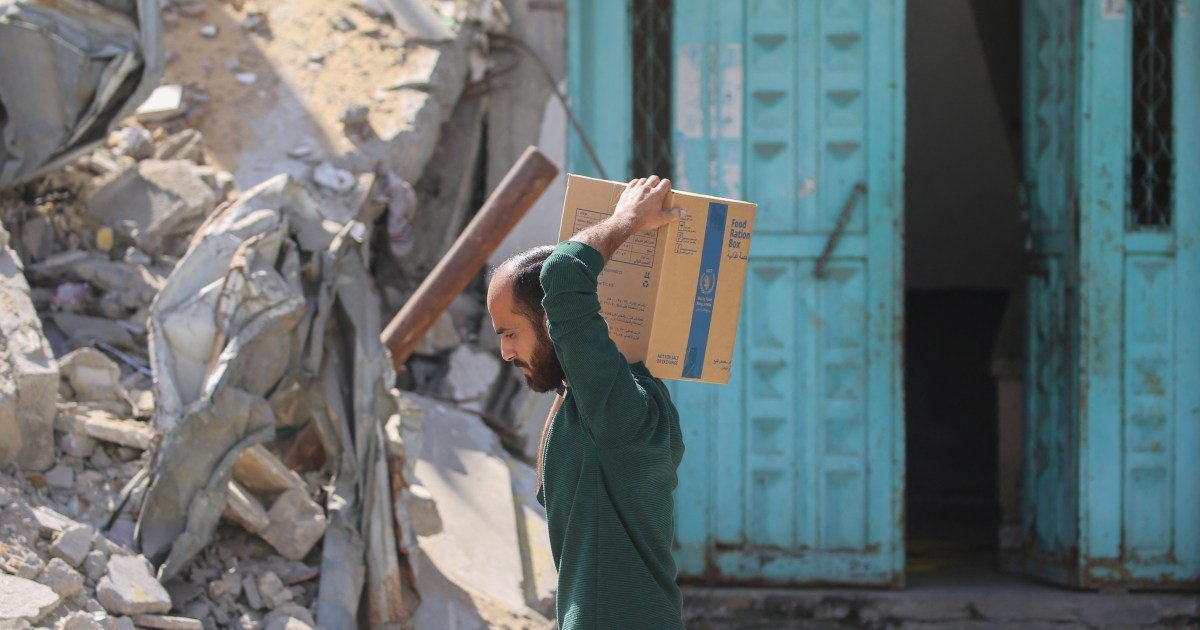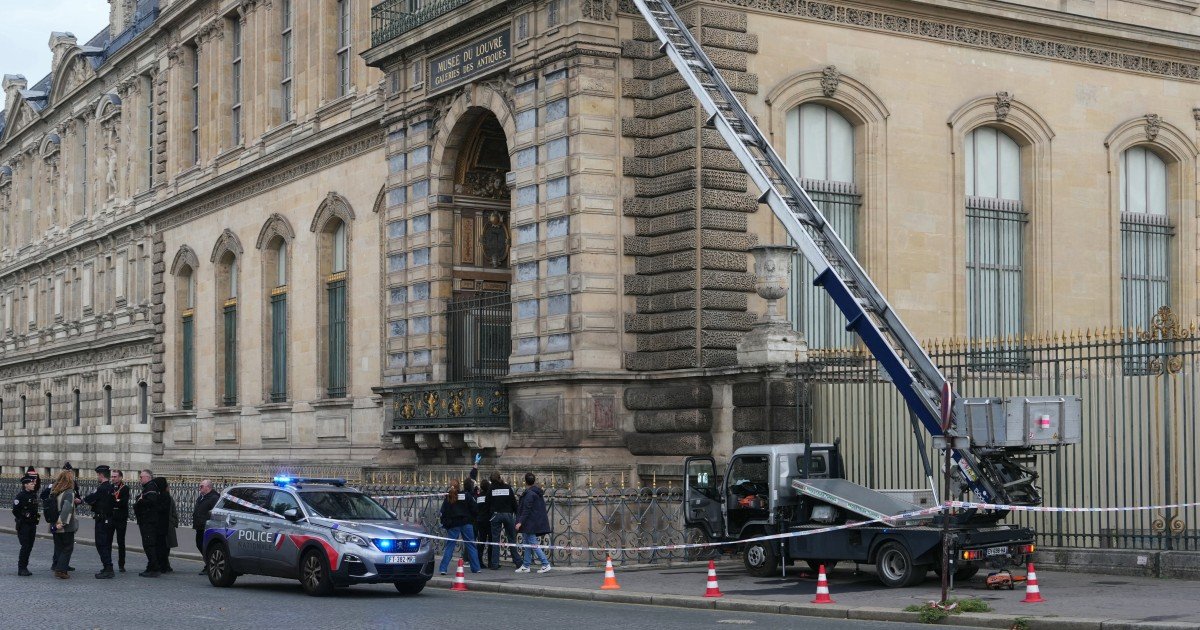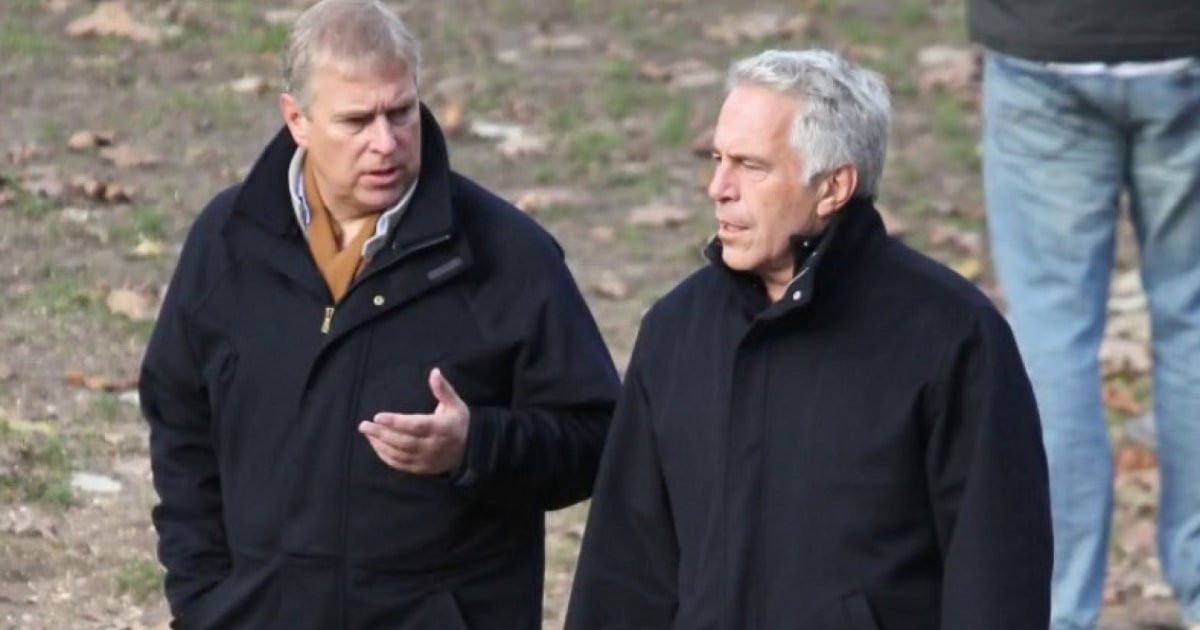RIYADH, Saudi Arabia — Saudi Arabia urged top European diplomats at a meeting Sunday to lift sanctions against Syria to boost reconstruction of the country and its economy after the overthrow of President Bashar Assad last month.
European and Middle Eastern diplomats gathered here in the Saudi capital to discuss the future of Syria. The United States and European countries have been wary of the Islamist roots of Syria’s new rulers – the former insurgents who ousted Assad from power – and have said ending sanctions depends on the progress of the political transition.
The interim government led by former rebels has promised to move to an open and pluralistic system. It is seeking international support as the country tries to recover from nearly 14 years of civil war that killed about 500,000 people and displaced half of the prewar population of 23 million. The new Syrian Foreign Minister, Asaad al-Shaibani, attended Sunday’s meeting.
Germany urges ‘smart approach’ to sanctions
German Foreign Minister Annalena Baerbock said sanctions against “Assad’s henchmen who committed serious crimes” must be maintained.
But he called for “a smart approach to sanctions, providing rapid relief to the Syrian population. “Syrians now need a quick dividend from the transition of power.” He gave no further details but announced an additional 50 million euros ($51.2 million) in German aid for food, emergency shelter and medical care.
The United States, the European Union and some Arab nations began imposing sanctions after Assad’s brutal crackdown on the 2011 uprising against his government and tightened them as the conflict escalated into war. Some concern people in Assad’s government, including asset freezes. But many target the government as a whole, including bans on many financial and banking transactions, oil purchases, and investment or trade in some sectors, crippling the broader economy.
There are exemptions when it comes to humanitarian aid, but aid organizations have said overcompliance by financial institutions hampers their operations.
At the meeting, Saudi Foreign Minister Prince Faisal bin Farhan said international and unilateral sanctions against Syria should be lifted.
Continuing them “will hinder the aspirations of the brother Syrian people to achieve development and reconstruction,” he said. He praised the steps taken so far by the interim government, including promises to launch a political process “that includes various components” of the Syrian people.
Türkiye urges ‘balance’ in Syria’s international demands
EU foreign policy chief Kaja Kallas, who also attended the meeting, said European countries want to see a government that includes all of Syria’s religious and ethnic communities. “We want to see the inclusion of women in the process as well, so these are the things we are going to discuss,” she said.
Turkish Foreign Minister Hakan Fidan said his country, which strongly supports the Syrian opposition to Assad, would try to help Syria normalize ties with the international community.
He said it was important to establish “a balance between the expectations of the international community and the realities facing the new administration in Syria.”
He pledged Turkish support for the new government, especially in the fight against threats from the Islamic State group. “As Türkiye, we are ready to do our part to ease the difficult road ahead for the Syrian people,” he said in comments carried by Turkey’s state-run Anadolu Agency.
The United States has eased some restrictions.
Last week, the United States eased some of its restrictions on Syria, and the U.S. Treasury issued a six-month general license authorizing certain transactions with the Syrian government, including some energy sales and incidental transactions.
The United States also abandoned a $10 million reward it had offered for the capture of Ahmad al-Sharaa, a Syrian rebel leader formerly known as Abu Mohammed al-Golani, whose forces led the overthrow of Assad last month. Al-Sharaa was a former high-ranking al Qaeda militant who broke with the group years ago and has promised an inclusive Syria that respects the rights of religious minorities.
The rebels led a lightning insurgency that toppled Assad on Dec. 8 and ended his family’s decades-long rule.
Much of the world cut ties with Assad and imposed sanctions on his government (and its Russian and Iranian allies) for alleged war crimes and the manufacturing of the amphetamine-like stimulant Captagon, which reportedly generated billions of dollars in packages of small white pills. They were smuggled through Syria’s porous borders.
With Assad out of the picture, Syria’s new authorities hope the international community will pour money into the country to rebuild its battered infrastructure and make its economy viable again.

